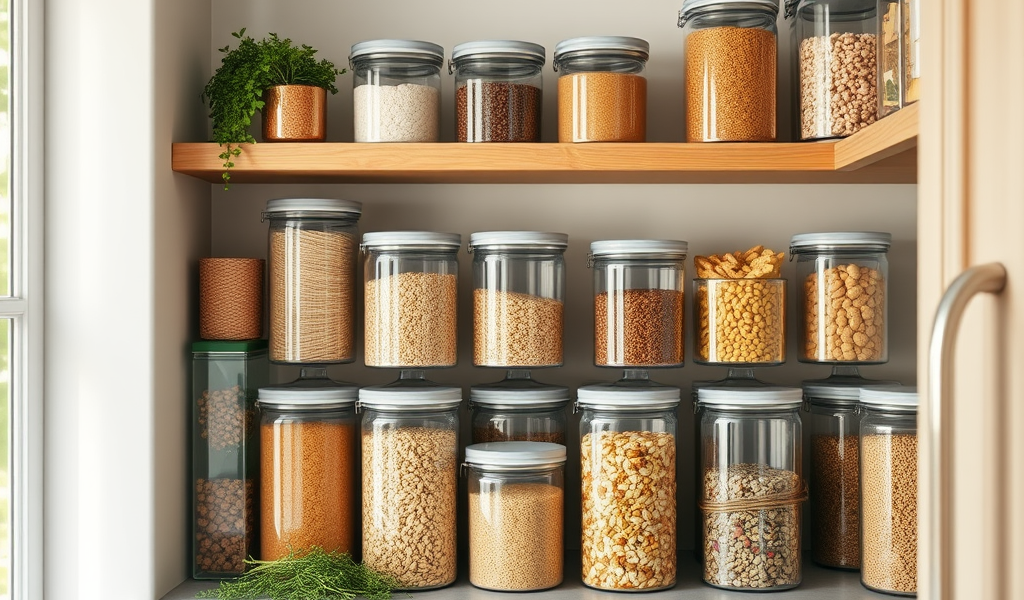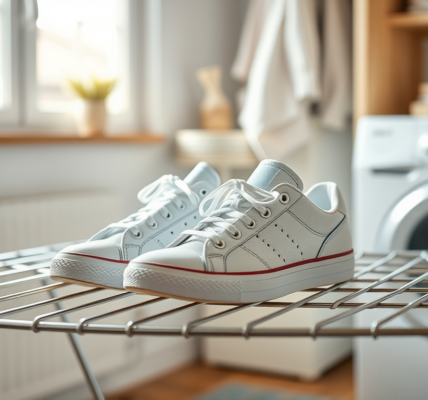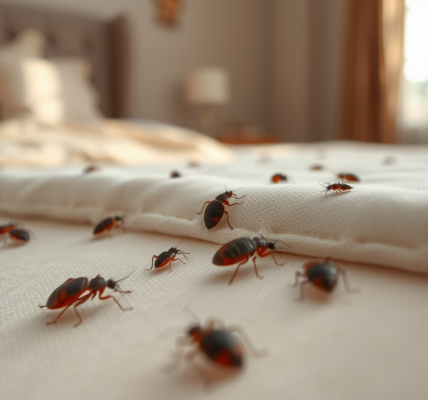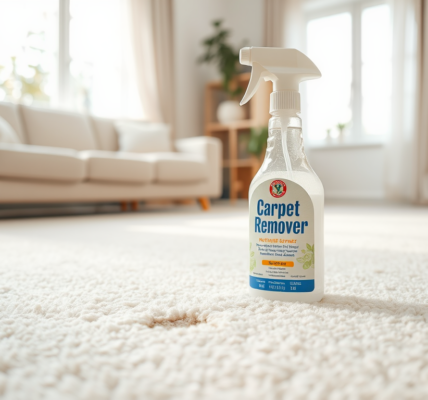Weevils may be small, but they can become a major nuisance in your kitchen, wreaking havoc on your stored food. These tiny beetles, often uninvited guests, can multiply quickly, leading to an infestation that threatens the very items stored in your pantry. Understanding how to deter these pests not only protects your food but also ensures a safe, clean cooking environment. By implementing strategic measures, you can create an unfriendly habitat for weevils, reducing the risk of an infestation. In this article, we will explore insights on weevil behavior, signs of infestation, and effective preventive steps to maintain a weevil-free kitchen. Let’s delve into the essential strategies that every household can adopt to keep these unwelcome visitors at bay.
Understanding Weevils
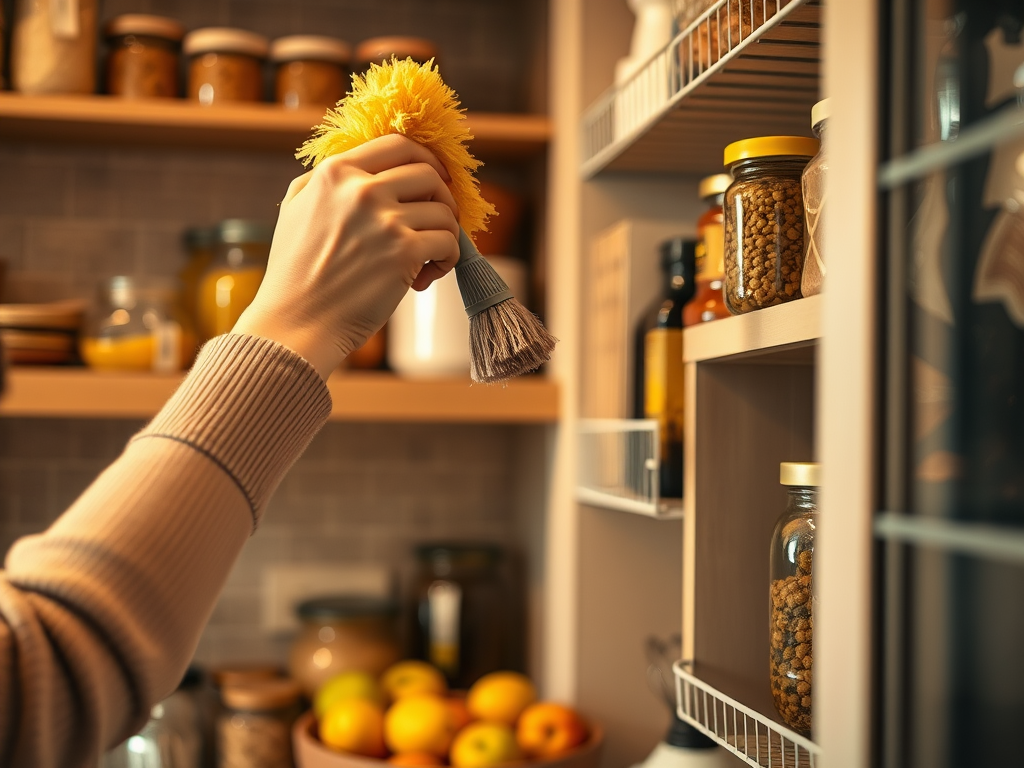
Weevils are a term used to refer to a group of small beetles that belong to the family of Curculionidae. These pests have robust bodies and are often found in various environments, impacting agriculture as well as kitchen storage areas. They are particularly notorious for infesting grains, flours, and other dry food products, making them a common problem for households. Recognizing the types of weevils prevalent in your area is crucial for targeting prevention methods effectively. The granary weevil and the rice weevil are among the most common. This knowledge can empower you to take decisive actions against them.
- Granary Weevil: A primary pest of stored grains, it is characterized by its dark brown, oval shape.
- Rice Weevil: Known for its ability to fly, this weevil infests grains, flour, and even dried fruits.
- Strawberry Weevil: While mainly associated with strawberries, it can sometimes wander into kitchen areas.
Identifying Signs of Weevil Infestation
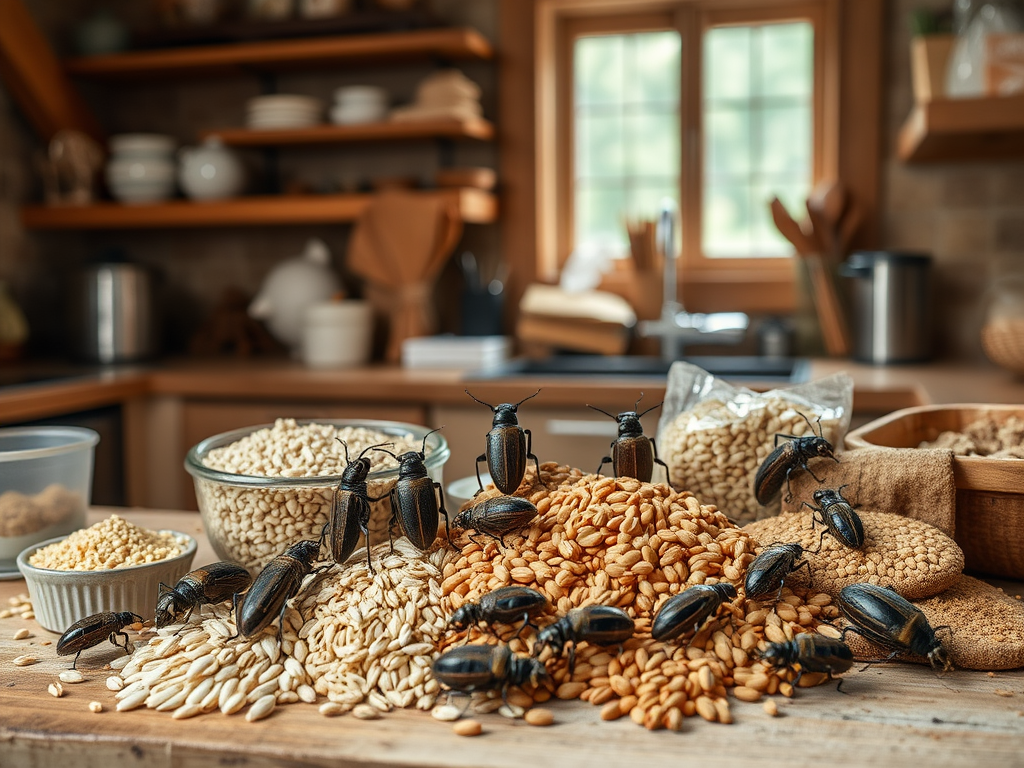
Identifying a weevil infestation isn’t always straightforward, but knowing the signs can save you time and trouble. Early detection allows proactive measures to mitigate the issue before it escalates. Look out for small adult beetles scuttling around your pantry shelves or inside your food packages. Keep an eye on your stored grains; they may have small holes or tunnels created by feeding weevils. Furthermore, you might spot webbing or cocoons among your food items, which are indicators of a life cycle in progress. These signs should alert you and initiate immediate investigation.
- Presence of tiny adult beetles around pantry or cupboard areas.
- Small holes in stored grains, flours, or snacks.
- Webbing or cocoons found in food items.
Preventive Measures to Deter Weevils
Creating an unfriendly environment for weevils is a straightforward approach with several effective strategies. First and foremost, storing food properly is vital. Airtight containers are your best friend when it comes to keeping weevils out. Invest in quality glass or durable plastic containers with tightly fitted lids. Next, maintaining cleanliness in your kitchen is essential. A few simple habits can significantly reduce the potential for a weevil-friendly environment. For instance, make it a habit to sweep up crumbs and food particles promptly after cooking and dining.
Moreover, controlling humidity levels is another crucial step. Weevils thrive in moisture-laden environments, so utilizing dehumidifiers or ensuring proper kitchen ventilation can make a notable difference. Below is a useful table summarizing preventive methods and their benefits:
| Preventive Measure | Benefits |
|---|---|
| Store Food in Airtight Containers | Prevents weevils from accessing food items. |
| Regular Cleaning Routine | Reduces crumbs and potential food sources. |
| Control Humidity Levels | Discourages weevil habitat development. |
Removing Weevils from Existing Infestations
If you discover a weevil infestation, it is imperative to act swiftly to mitigate the issue. Start by disposing of contaminated food items immediately. Seal these items in plastic bags before discarding them to prevent further contamination of the pantry or kitchen area. Once the infested food is removed, the next step is cleaning and inspecting storage areas thoroughly. This includes wiping down shelves, vacuuming corners, and ensuring that every nook and cranny is addressed. Establish a routine inspection schedule thereafter to prevent future infestations.
- Seal infested items in plastic bags for disposal.
- Check expiration dates and review pantry regularly.
- Consider donating non-infested food, but inspect carefully.
Conclusion
Creating an unfriendly environment for weevils is an ongoing process that requires commitment and diligence. By understanding their behavior and implementing strategic preventive measures, everyone can protect their kitchen from these pesky invaders. Routine cleaning, proper storage, and knowledge of informational signs can play a significant role in keeping a weevil-free home. As we conclude this guide, remember that a proactive approach will not only deter weevils but also promote a healthier kitchen environment.
Frequently Asked Questions
- What attracts weevils to my kitchen? Weevils are attracted to stored grains, flours, and other dry pantry items, as well as moisture and dirt.
- How can I tell if my food is contaminated with weevils? Look for holes, webbing, or the presence of small beetles in your food items.
- What should I do if I find weevils in my pantry? Remove any infested items, clean the pantry thoroughly, and store remaining food in airtight containers.
- Can weevils infest sealed packages? Yes, weevils can sometimes infest grain products that are not properly sealed or have been shipped with eggs.
- Are there any natural methods to deter weevils? Yes, using bay leaves or placing diatomaceous earth in pantry areas can help deter weevils naturally.
